Proso millet's nutrient-rich composition, gluten-free nature, and versatility in cooking make it a valuable addition to diets seeking nutritious and diverse grains.
Table of Contents
What Is Proso Millet?
Proso millet, also known as broomcorn millet or white millet, is a small-seeded grain belonging to the millet family. It is cultivated primarily for human consumption and is grown in various parts of the world, including Asia, Europe, and North America.
Nutritionally, proso millet is rich in essential nutrients such as protein, dietary fiber, vitamins (especially B-complex vitamins like niacin and thiamine), and minerals like iron, magnesium, phosphorus, and potassium. It is also naturally gluten-free, making it suitable for individuals with gluten intolerance or celiac disease.
Culinarily, proso millet has diverse uses. It can be utilized in various dishes such as porridge, upma, khichdi, pulao, and can also be ground into flour for baking purposes. Its versatility in culinary applications offers a range of nutritious meal options.
Is Proso Millet Healthy?
Yes, proso millet is rich in essential nutrients such as protein, dietary fiber, vitamins (especially B-complex vitamins like niacin and thiamine), and minerals like iron, magnesium, phosphorus, and potassium. Incorporating proso millet into a balanced diet can contribute to improved nutrient intake, digestive health, weight management, and offer gluten-free alternatives for those with dietary restrictions, making it a healthy choice among grains.
Is Proso Millet Good For Diabetics?
Proso millet has a relatively lower glycemic index compared to certain other grains. Foods with a lower GI release glucose more slowly into the bloodstream, leading to more stable blood sugar levels. This characteristic can be advantageous for individuals with diabetes in managing blood sugar spikes.
Is Proso Millet Good For Weight Loss?
Proso millet is relatively low in calories compared to some other grains. Choosing lower-calorie foods like proso millet can aid in weight management by reducing overall calorie intake. It is rich in dietary fiber, which promotes satiety, keeps you feeling full for longer durations, and aids in controlling appetite. This can potentially prevent overeating and support weight loss efforts.
Is Proso Millet Good For Children?
Proso millet can be a valuable addition to a child's diet owing to its nutrient-rich composition and various health benefits. Packed with essential nutrients like protein, dietary fiber, vitamins (particularly B-complex vitamins), and minerals such as iron and magnesium, proso millet supports a child's growth and development. Its easy digestibility makes it suitable for children, particularly those transitioning to solid foods or experiencing digestive sensitivity. Being naturally gluten-free, proso millet serves as an excellent grain option for children with gluten sensitivities or celiac disease. Its versatility in culinary use allows for the preparation of diverse and child-friendly dishes such as porridge, khichdi, upma, or inclusion in soups, offering nutritious meal options.
Health Benefits Of Proso Millet:
It offers several health benefits:
- Low-Calorie Grain: Proso millet is relatively low in calories compared to other grains, making it a favorable choice for those seeking weight management or calorie-conscious diets.
- Nutrient-Rich Profile: Despite being low in calories, proso millet is packed with essential nutrients such as protein, dietary fiber, vitamins (particularly B-complex vitamins like niacin and thiamine), and minerals like iron, magnesium, phosphorus, and potassium.
- Gluten-Free Nature: Similar to many other millets, proso millet is naturally gluten-free, making it suitable for individuals with gluten intolerance or celiac disease.
- Digestive Health: The dietary fiber content in proso millet supports healthy digestion, aids in regular bowel movements, and promotes overall digestive wellness.
- Culinary Versatility: Proso millet can be used in various culinary preparations including porridge, upma, khichdi, pulao, and can also be ground into flour for baking, offering diverse and nutritious meal options.
-
Low Glycemic Index (GI): Proso millet has a relatively low glycemic index, leading to slower digestion and absorption of sugars. This can be beneficial for managing blood sugar levels, particularly for individuals with diabetes.
How Is Proso Millet Different From Other Millets?
Proso millet, also known as broomcorn millet or white millet, differs from other millets in several aspects:
- Grain Size: Proso millet grains are generally small and round, but the size may vary. In contrast, other millets like pearl millet (bajra), finger millet (ragi), foxtail millet, and barnyard millet can have varying grain sizes and shapes. For instance, finger millet grains are smaller and darker in color compared to proso millet.
- Culinary Use: Proso millet is versatile and can be used in various culinary dishes such as porridge, upma, khichdi, pulao, and can be ground into flour for baking. Similarly, other millets have their traditional uses in regional cuisines, like pearl millet used in flatbreads or foxtail millet used in porridge.
- Nutritional Composition: While all millets are generally nutritious, their exact nutrient composition may vary slightly. Proso millet contains essential nutrients like protein, dietary fiber, vitamins, and minerals, which are crucial for overall health. Other millets may have different nutrient profiles.
- Cultivation and Adaptability: Proso millet is cultivated in various regions across the world and is known for its adaptability to different climates. However, each millet variety may have specific cultivation preferences based on factors like soil type, temperature, and rainfall.

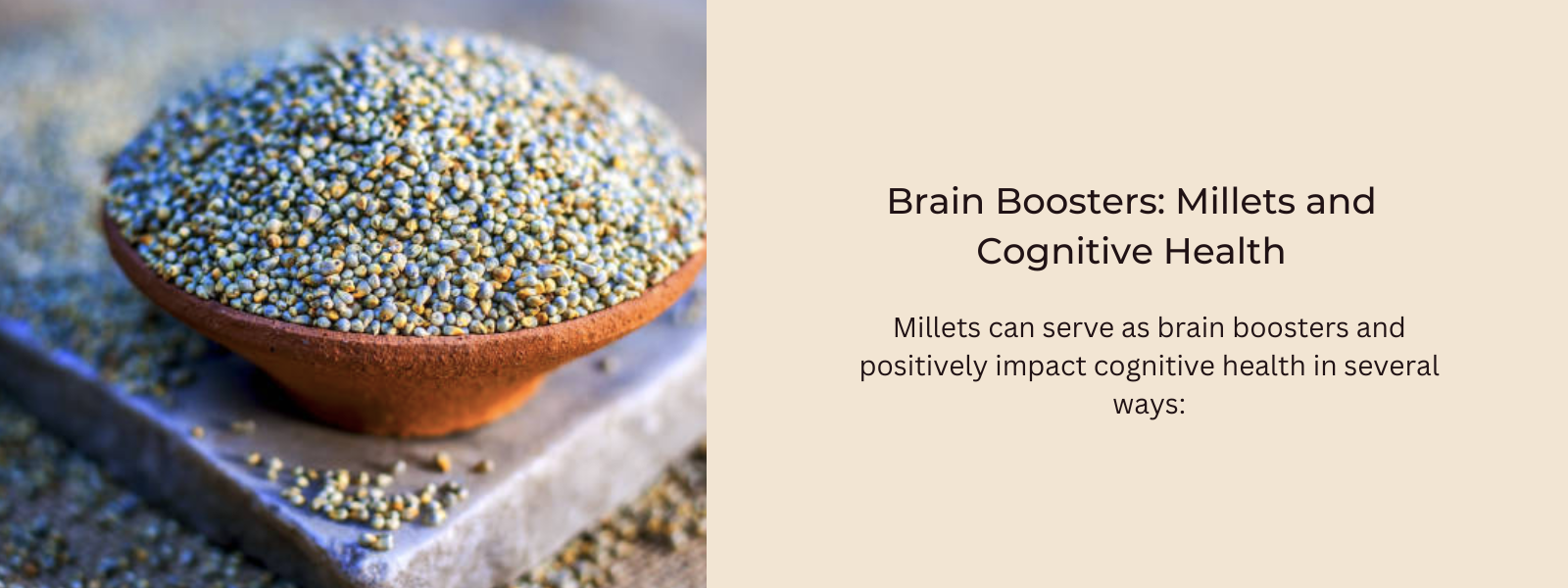
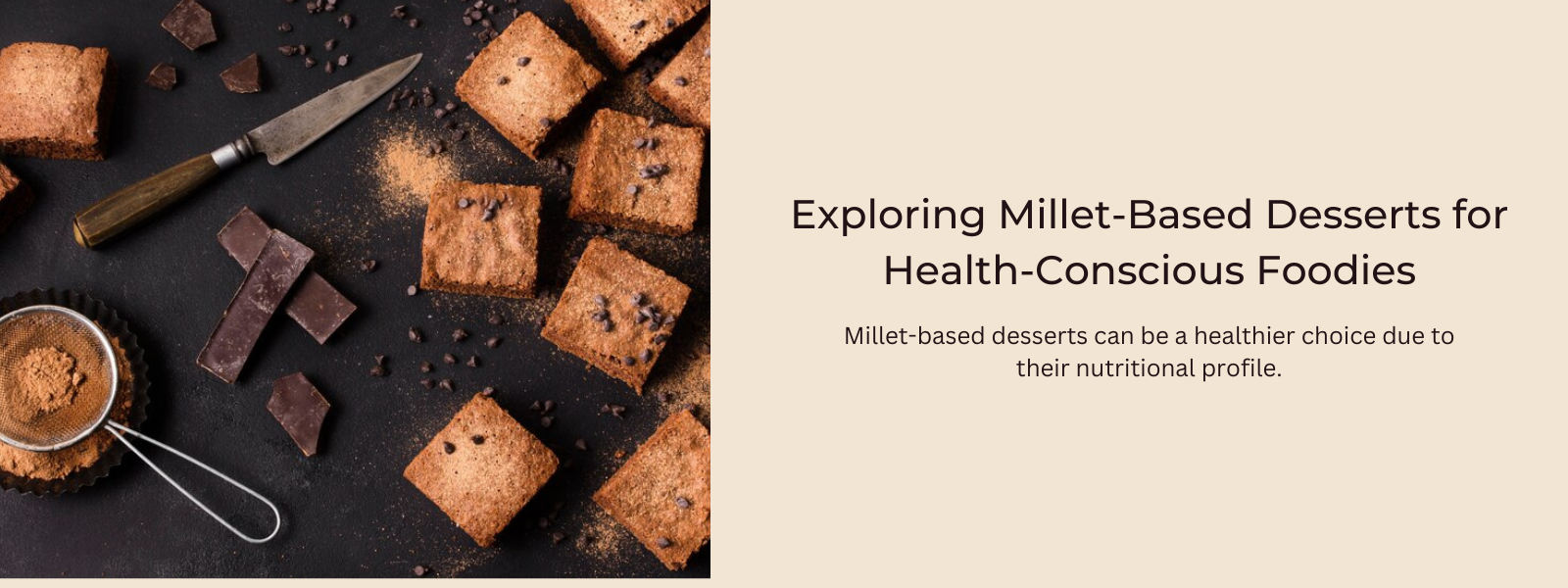
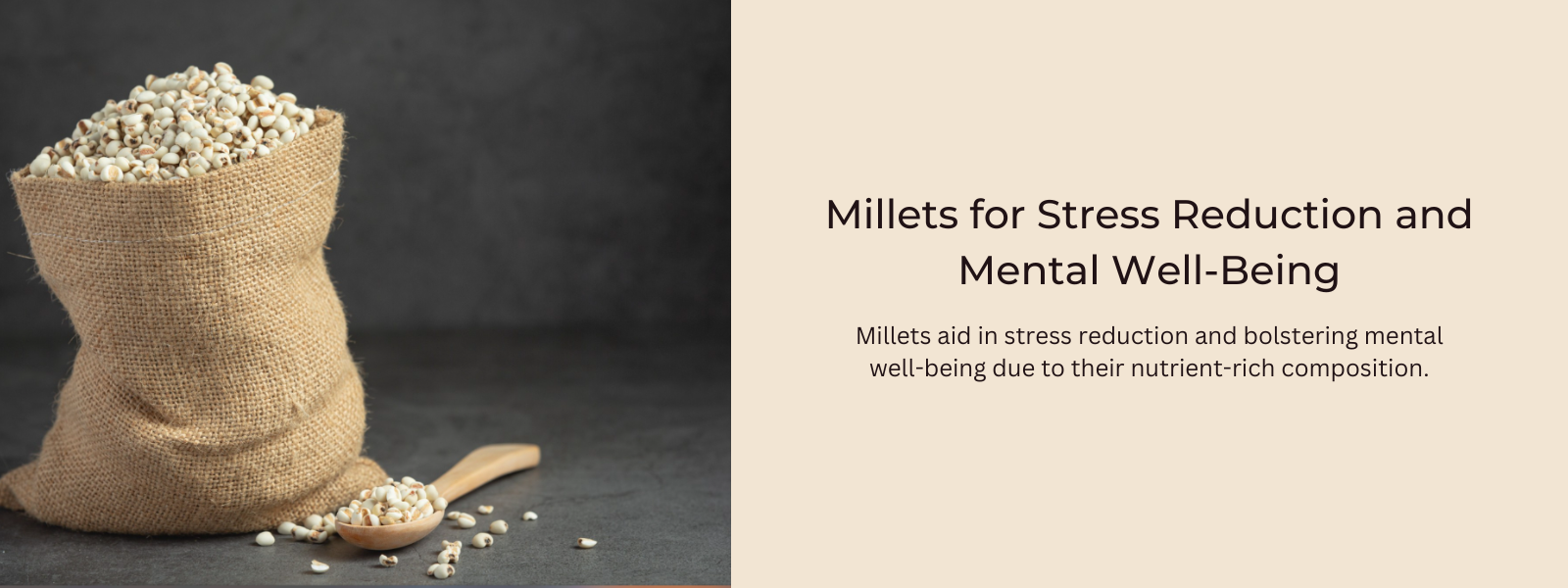
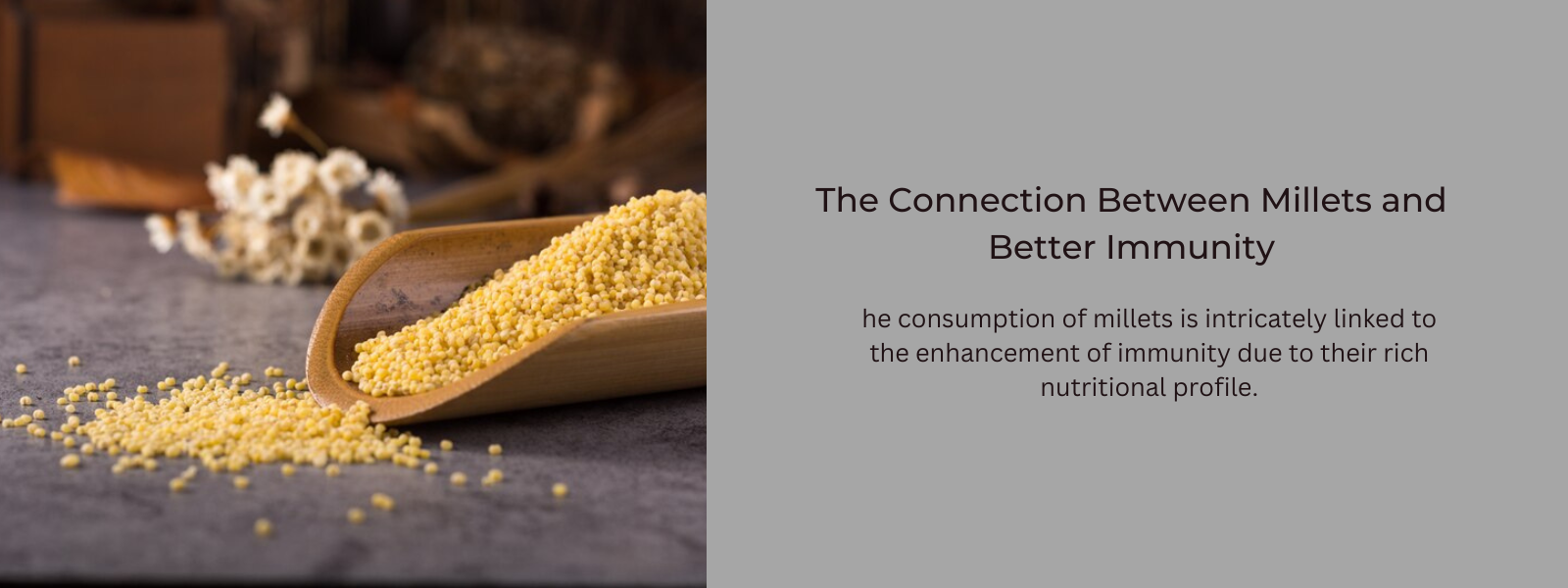
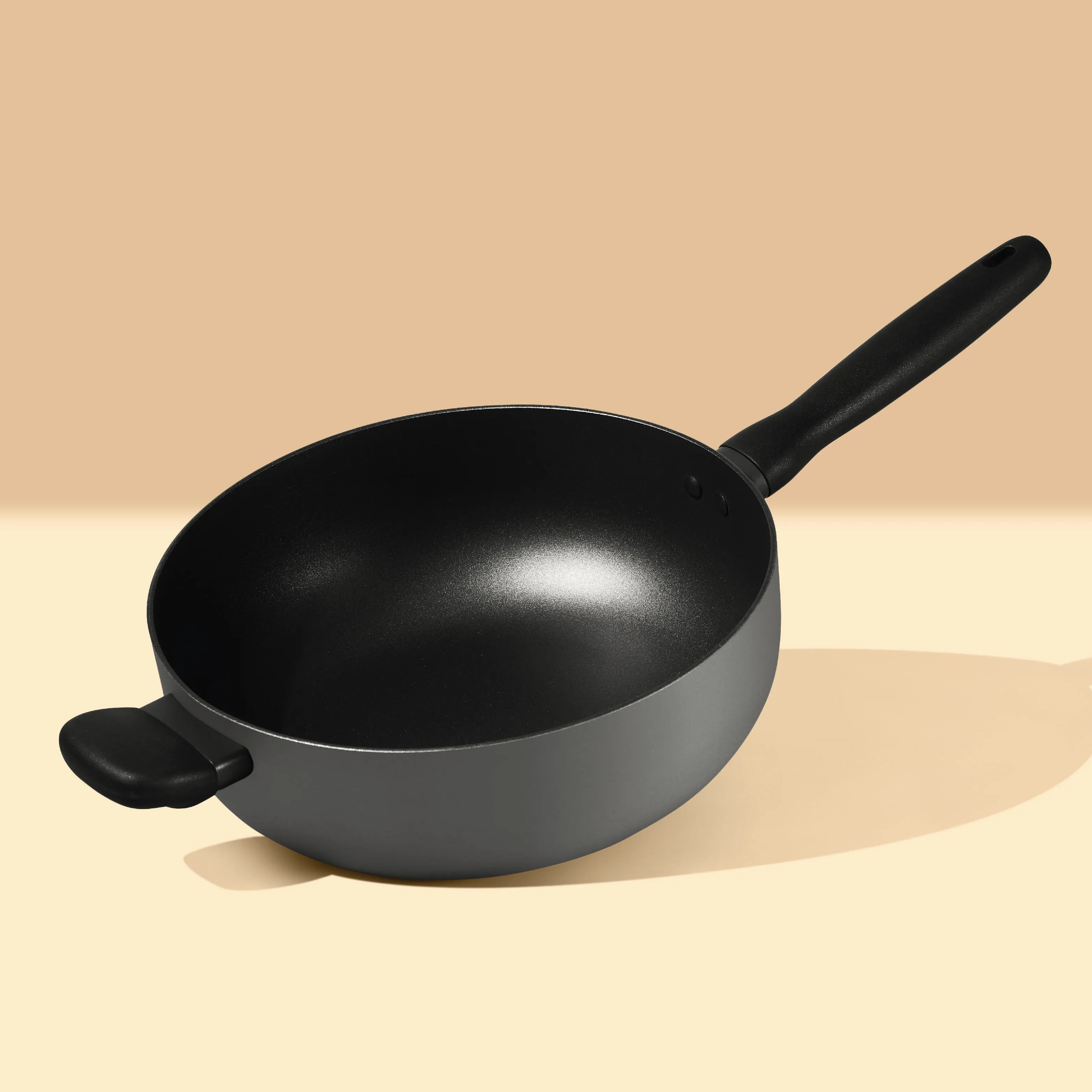
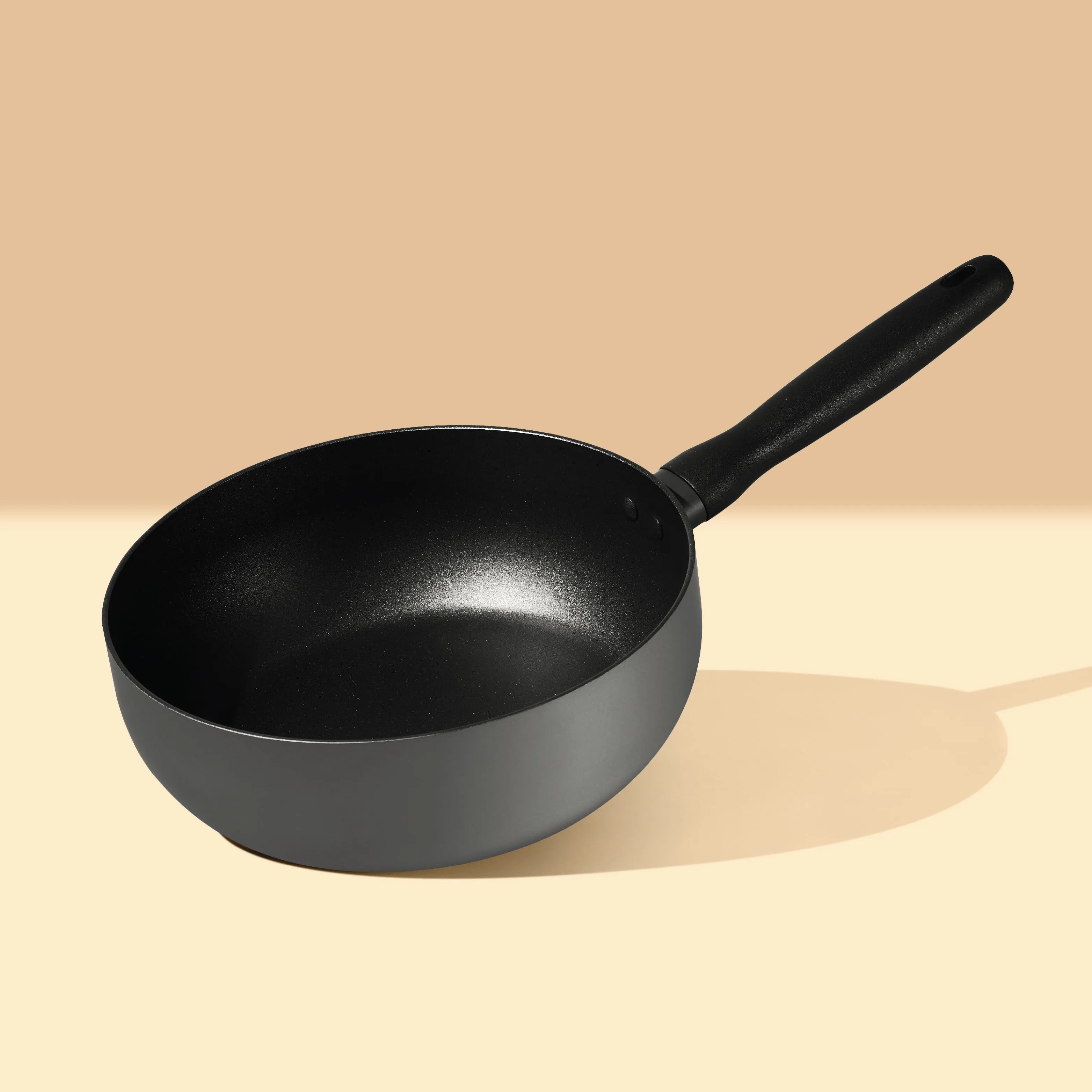




Leave a comment